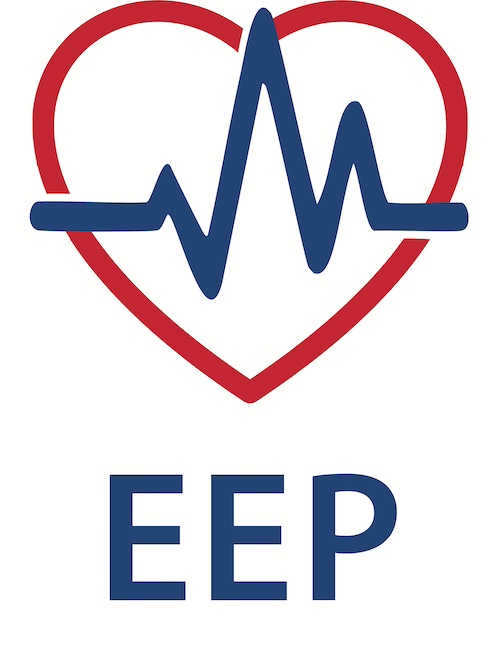The Emergency Education Programs (EEP) are initiatives funded by the RCCbc and REAP through the Joint Standing Committee on Rural Issues, aiming to provide family physicians in smaller rural communities with a comprehensive three-month, full-time, remunerated fellowship in Emergency Medicine. These programs, conducted biannually in the Spring and Fall at four specified sites, including Nanaimo (NEEP), Prince George (NoEEP), Kamloops (KEEP) and Lions Gate (CoEEP) offer structured learning experiences that are practical and relevant, focusing on enhancing skills in Emergency Medicine.
Physicians eligible for the program include those with a rural practice, working as a rural locum, or those interested in working rural and seeking additional training for increased confidence. Eligible applicants must possess CCFP certification, an active BC College of Physicians and Surgeons license, and a strong connection to rural BC communities.
The programs provide approximately 12 weeks of intensive learning, encompassing emergency rotations, procedures, and elective opportunities with Anesthesia. Clinical placements at designated hospitals offer practical, real-world experiences to build advanced management and procedural skills. Weekly academic sessions cover various emergency medicine topics, procedural skills workshops, hands-on training in high-fidelity medical simulation labs, and opportunities to refresh skills in ACLS, ATLS, PALs, and NRP. The programs also facilitate proficiency in bedside ultrasound (PoCUS) techniques, with the ultimate goal of certifying participants as independent practitioners equipped with advanced skills and teaching experience to serve as local resources in their communities.
